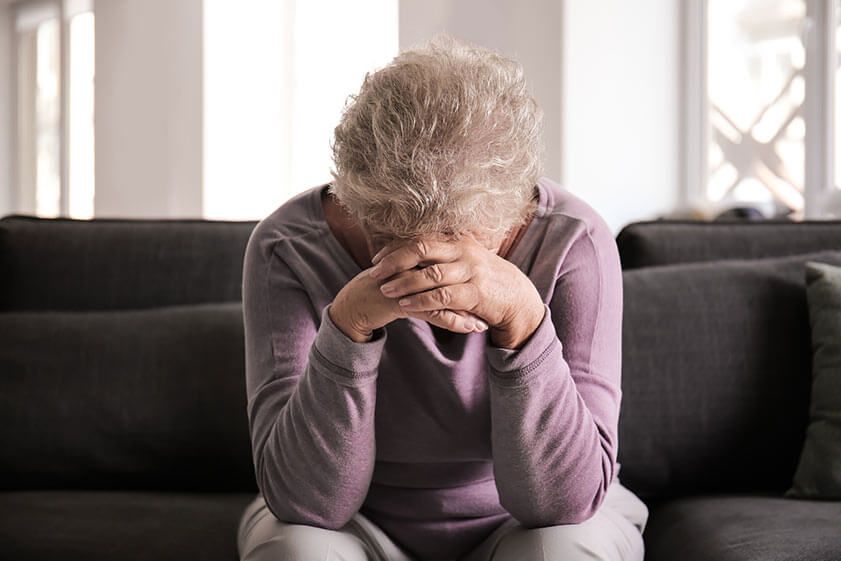Lately, there’s an emerging trend of more and more older adults being isolated. While we may usually associate isolation with living in a remote area, the elderly can also be isolated due to loss of social connections and the inability to head out of the house. For the latter, it may be that they are recovering from a surgical procedure or living with a chronic health condition, such as dementia and stroke. Regardless of the reason, social isolation has been affecting many older adults recently that medical professionals have found this situation to be alarming. This is because social isolation can negatively impact an individual’s life, causing poor mental health among many other issues. Therefore, here are reasons why senior isolation can pose many risks for your loved ones.
Poor Mental Health
It’s important to note that human beings are naturally social beings. This means that we thrive off human connections and establishing relationships with people around us. Since isolation prevents older adults from having the opportunity to meet and spend time with other people. This will result in them developing poor mental health conditions, such as depression and anxiety. In fact, according to multiple medical professionals, those who are socially isolated have a much higher risk of experiencing frequent mood swings and being more stressed out. In the long run, poor mental health can decrease an individual’s quality of life and even shorten their life span. Other effects of poor mental health include a lack of appetite, fatigue, and poor sleeping habits.
Poor Physical Health
Mental health and physical health are interconnected. If an individual is suffering from poor mental health, most likely their physical health will not be in good shape as well. The reason is that mental illnesses like depression and anxiety can result in the body feeling tired easily. Older adults who are socially isolated may find themselves facing chronic fatigue, insomnia from lack of quality sleep, and a lack of motivation to get out of the house and lead an active lifestyle. Over time, the body’s immune system will get weaker, causing them to be more prone to health conditions, such as obesity, high blood pressure, and heart disease.
Cognitive Decline
Many older adults make the mistake to overlook the correlation between an active lifestyle and cognitive health. By participating in social activities and meeting new people, these actions provide opportunities for our brains to function as we have to problem-solve, analyze and process information to get through the day. Considering that isolation leads to loved ones being constantly cooped up at home and with nothing much to do, they are at particular risk of cognitive decline. This is why social engagement is extremely important as it stimulates the brain, which helps in its overall development. If your aging parents are living with Alzheimer’s, dementia, and other cognitive disorders, they should all the more adopt a socially engaged lifestyle.
Unhealthy Lifestyle Choices
Since people who are isolated tend to have poor mental health, this may cause them to take up unhealthy lifestyle choices in order to cope with their feelings. From excessive drinking to smoking, these lifestyle habits can be harmful to an older adult’s overall health.







